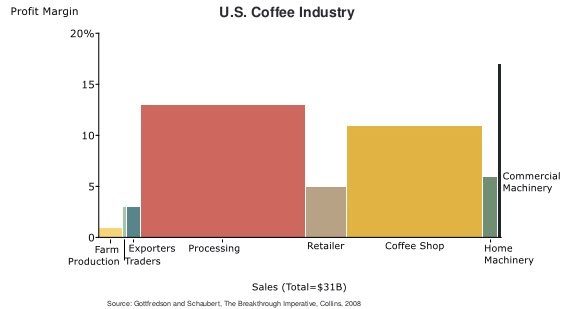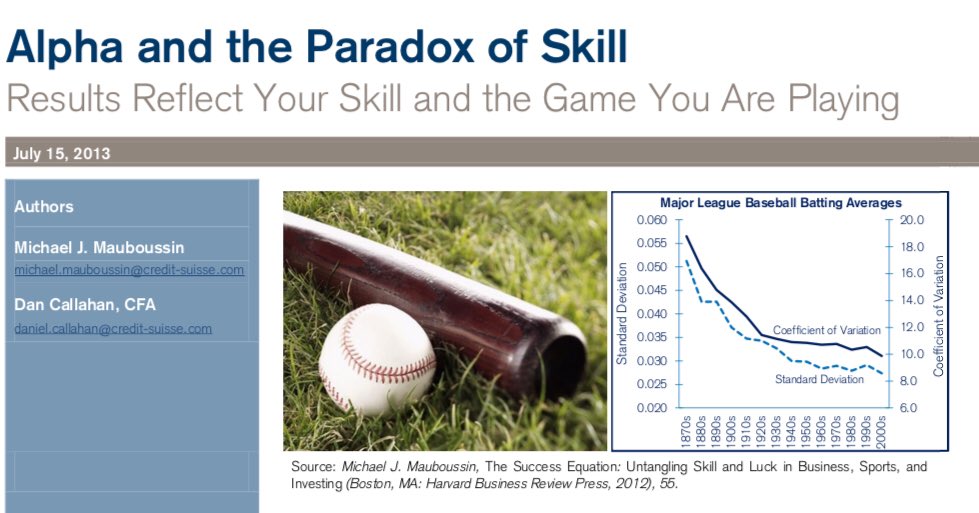
1/ David Chang: "If restaurants can’t get back to 100% occupancy, most restaurants are going to go out of business. ... If you were prepared in takeaway delivery beforehand, and had the marketing and the packaging... Sushi, high-end Italian and pizza, and certain fast foods..."
2/ "Wholesale transfer pricing power":
David Chang: "The restaurant model was making more money for everyone else except restaurateurs — whether you’re a credit-card processor, or Google, or Yelp, or a reservation system, or a purveyor of beef, or a lawyer, or an accountant."
David Chang: "The restaurant model was making more money for everyone else except restaurateurs — whether you’re a credit-card processor, or Google, or Yelp, or a reservation system, or a purveyor of beef, or a lawyer, or an accountant."
3/ "We had a plan five years ago to focus on consumer packed goods. The goal was that 50% of Momofuku’s revenue had to come from outside the four walls of the restaurant."
Value chain analysis is the right starting point. Where are the profit pools? msn.com/en-us/money/ne…
Value chain analysis is the right starting point. Where are the profit pools? msn.com/en-us/money/ne…
4/ "A profit pool shows how an industry’s value creation is distributed at a particular time. The horizontal axis is the % of the industry, typically measured as invested capital or sales, and the vertical axis is a measure of economic profitability." MM plus.credit-suisse.com/rpc4/ravDocVie… 

5/ When you have an industry like restauranteur, river rating outfitter or cattle rancher that people would pay to be in because they love it, there are typically too many suppliers. Supply is a killer of value. Combine with the logistics and back office advantages of chains..."
6/ David Chang is saying in this interview that the independent restaurant business was struggling before Covid delivered a new gut punch. Chang has a new book out that I will read over the holidays. amazon.com/Eat-Peach-Memo… Shades of Tony Bourdain's Kitchen Confidential.
7/ When you are trying to teach people basic business ideas food is a good example to use since most everyone thinks they could open a restaurant. From my blog post in 2019: "How the restaurant industry has worked in the past will not work going forward.” google.com/amp/s/25iq.com…
• • •
Missing some Tweet in this thread? You can try to
force a refresh



